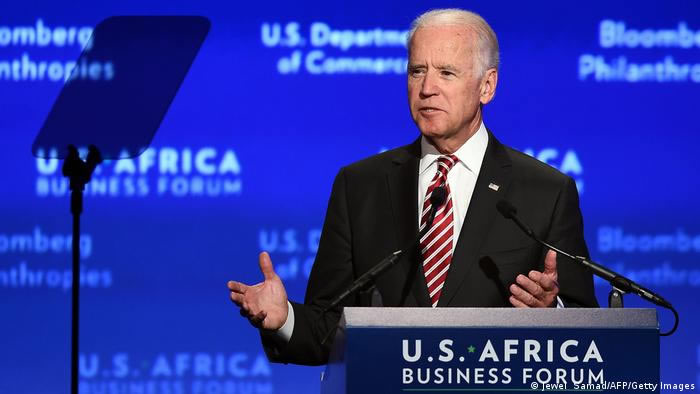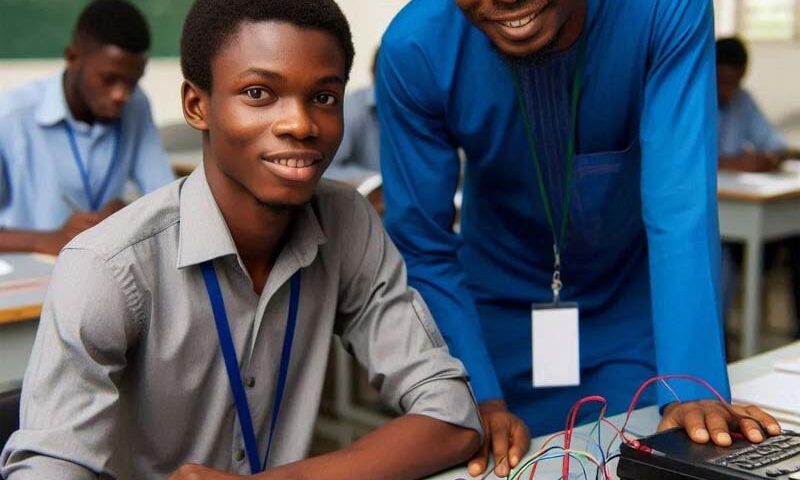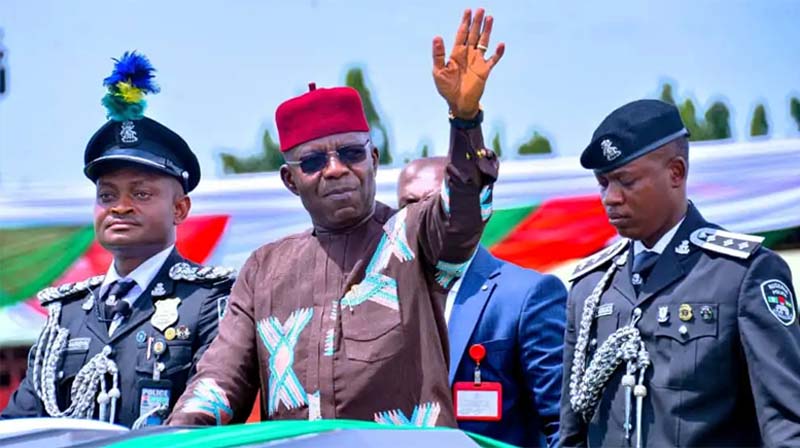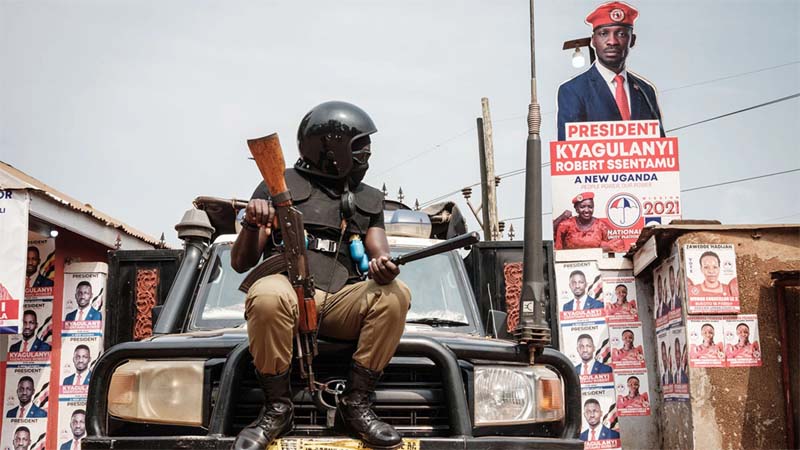By Njoku SaintJerry A. (edited for use)
“US diplomats on the continent would be well-advised to anticipate this and embark on an outreach campaign with their African hosts
With the humiliating withdrawal of America from Afghanistan, United States might have need to readjust its policy focus in Africa, now more than ever, to bolster their recovery from global perspective of dominance in the fight against terrorim. However, if it was difficult to get African issues on the agenda in Washington before this crisis, there is every tendency that it may prove a herculean task even now.
1. Attention Deficit
Since the end of the Cold War, Africa has been largely seen as among the lowest priorities in US foreign policy, that is, until China became the central focus of attention in Washington.
Presidents Obama and Trump largely ignored the continent, something the Biden administration said it wanted to change. And there was a sense that this was starting to happen. Several of the President’s key appointees have strong African policy backgrounds, think tanks have been hosting more forums and there was a sense that finally, the US is going to really engage Africa… and not just to take on China.
Agencies that don’t normally work together were going to collaborate with one another, government and business were going to join forces and the US would work seamlessly with its G7 partners to build high-quality, sustainable infrastructure in Africa’s
But one really has to wonder if that’s going to last. Now, the focus is going to shift to reassuring Taiwan, keeping Vladimir Putin in check, and repairing both the Pentagon and State Department’s tattered reputations. It’s hard to envision those African issues, important as they are, will make it onto either President Biden’s daily rundown or Secretary Blinken’s priority list.
2. Build Back Better World initiative
The proposed Build Back Better World initiative (B3W), the Biden administration’s answer to China’s Belt and Road Initiative, requires a whole-of-government approach. Many in Washington have aspired to this comprehensive mustering of energies, but it has rarely, if ever, been achieved.
Agencies that don’t normally work together were going to collaborate with one another, government and business were going to join forces and the US would work seamlessly with its G7 partners to build high-quality, sustainable infrastructure in Africa’s least developed countries.
Keep in mind, there’s no precedent in the post-Cold War era for the US government to pull off anything on this scale. Still, a lot of people gave the Biden administration the benefit of the doubt. Now, one has to wonder whether the White House has the bandwidth to do this when the key people who would have led the effort will be consumed with other, arguably more immediate geopolitical issues. Add to that America is a year away from the mid-term elections in the US which will further drain the administration’s capacity to mobilise large swathes of the US government to mount a meaningful challenge against the Belt and Road Initiative.
3. More militarisation
US foreign policy in Africa is already heavily influenced by the Pentagon and with Afghanistan once again back in play as a base for international terrorist groups, it’s likely that the military’s policymaking role is only going to become more pronounced.
Expect the US to step up anti-terrorism engagement in the Sahel region, Nigeria, Somalia, and even in the DRC where US Special Forces landed recently in the month of August to assist the government in the fight against Islamic militants.
Bottom line
One final point to consider here: all of this is taking place in the run-up to the triennial Forum on China-Africa Cooperation summit that will convene in Dakar sometime in September. China will likely try to leverage what happened in Afghanistan to portray itself as a more reliable partner.
US diplomats on the continent would be well-advised to anticipate this and embark on an outreach campaign with their African hosts to blunt this effort. And even though African policymakers have said repeatedly they don’t want to choose sides in a great power rivalry, that may become a lot more difficult going forward.






